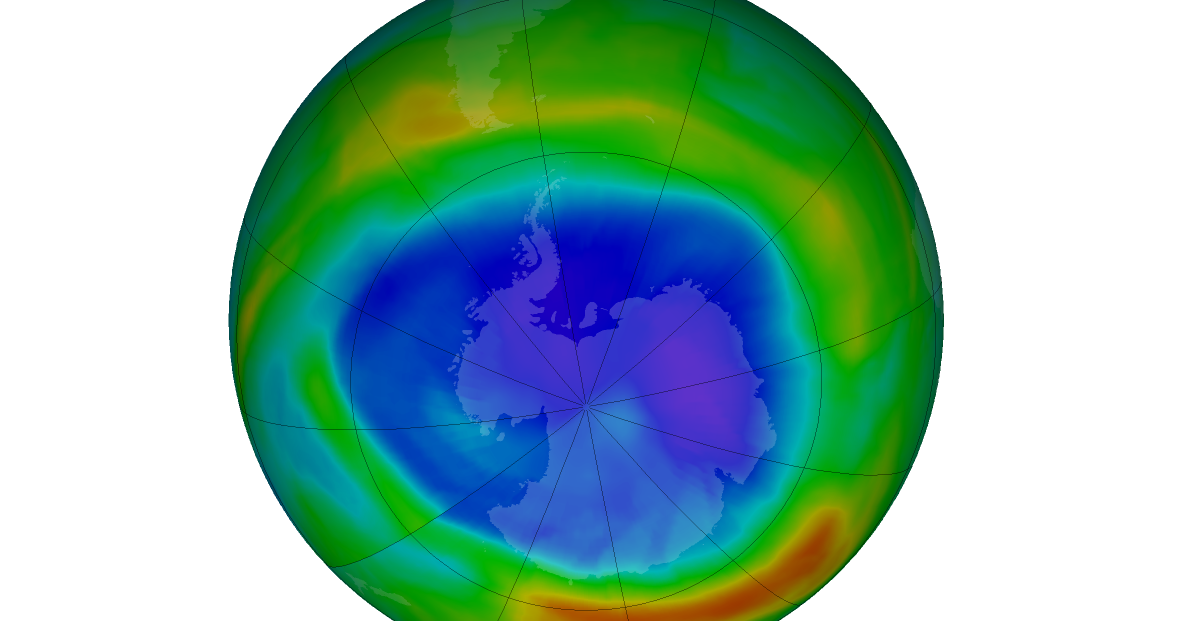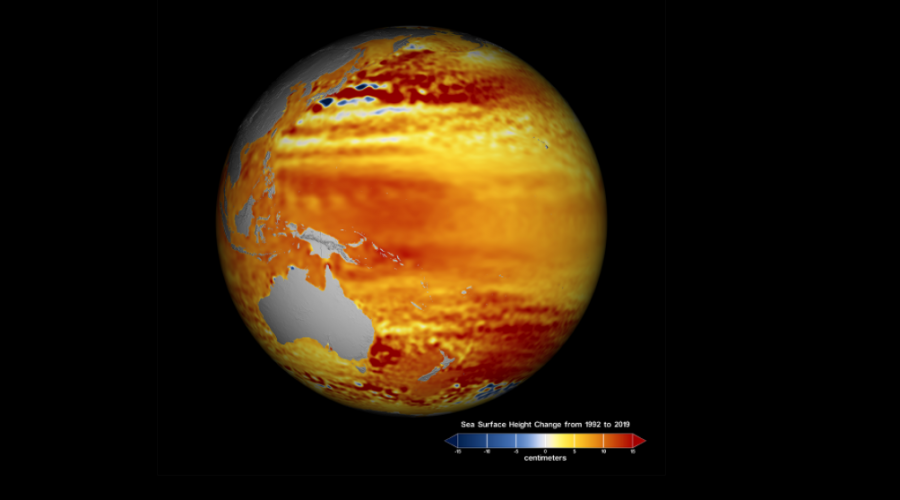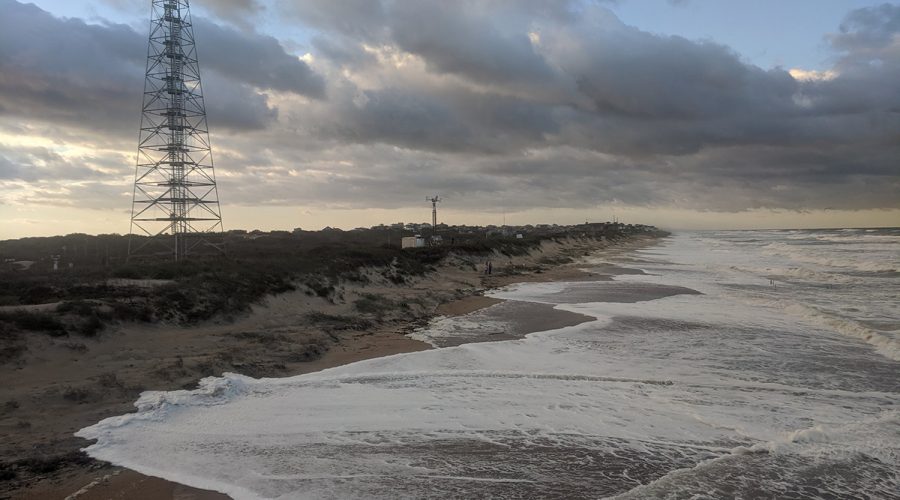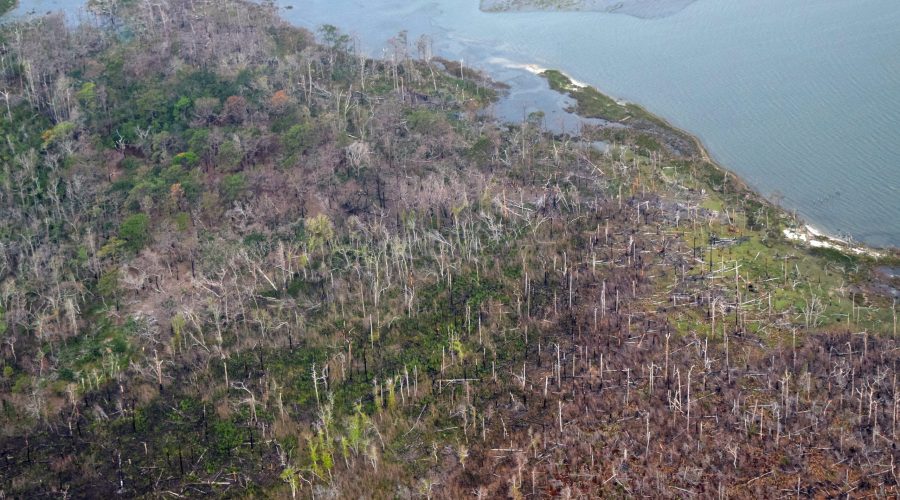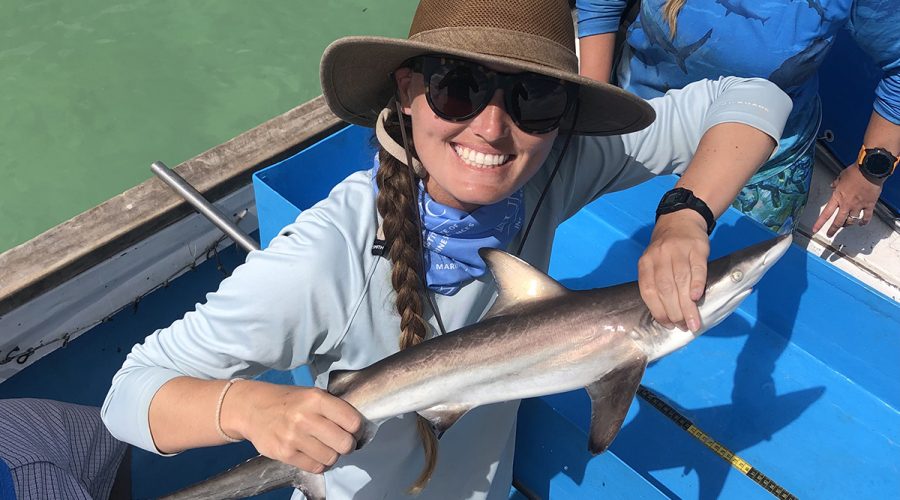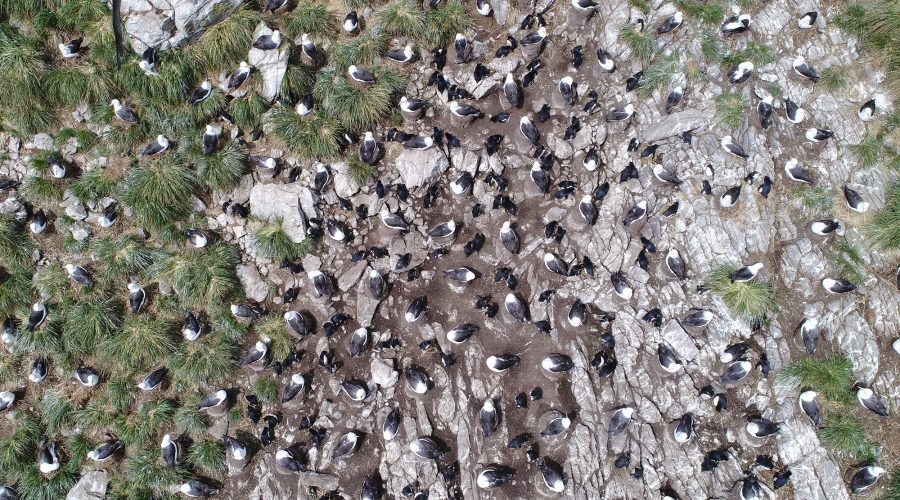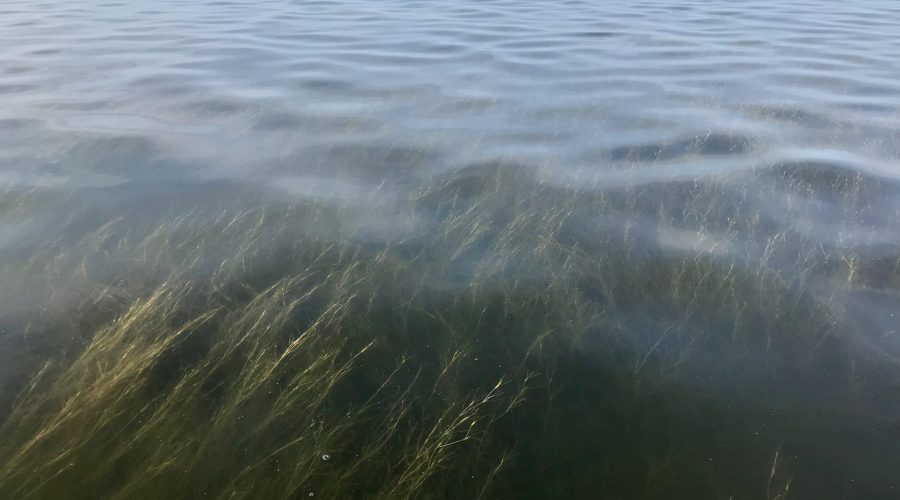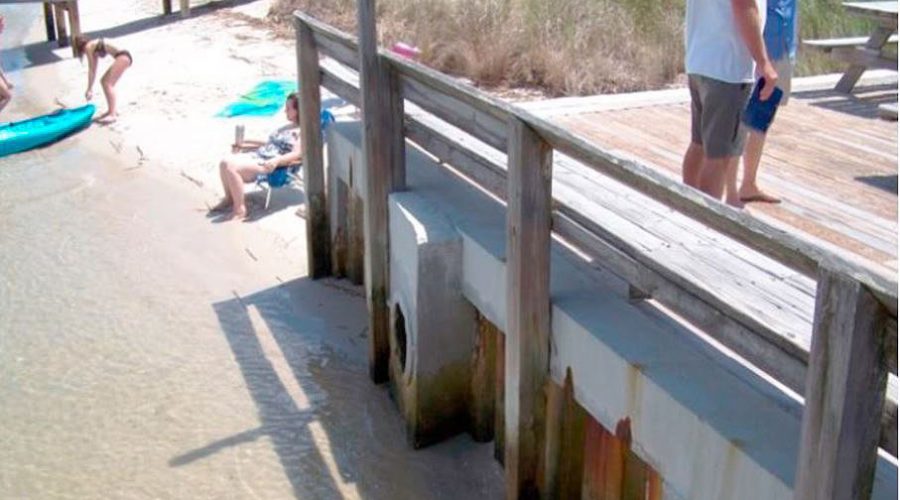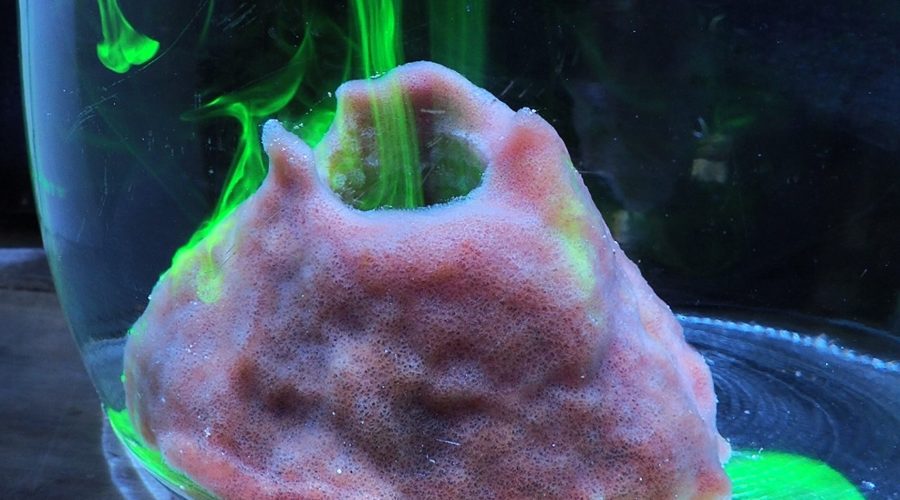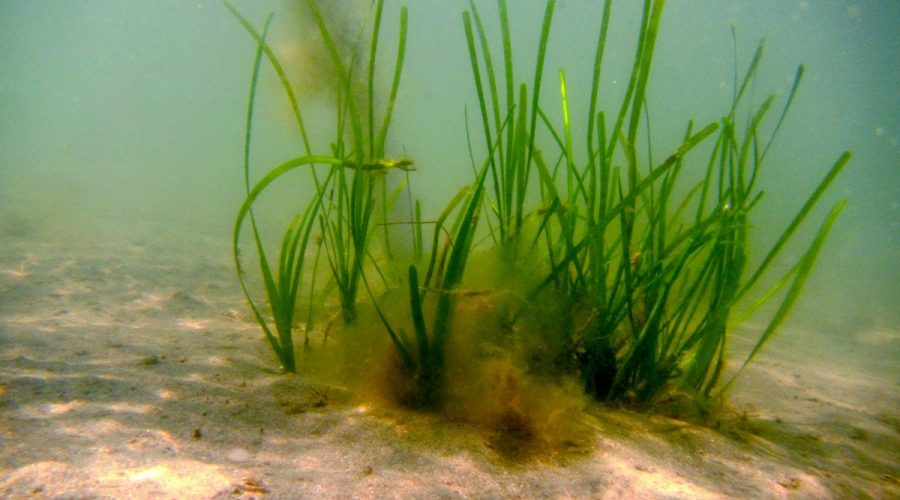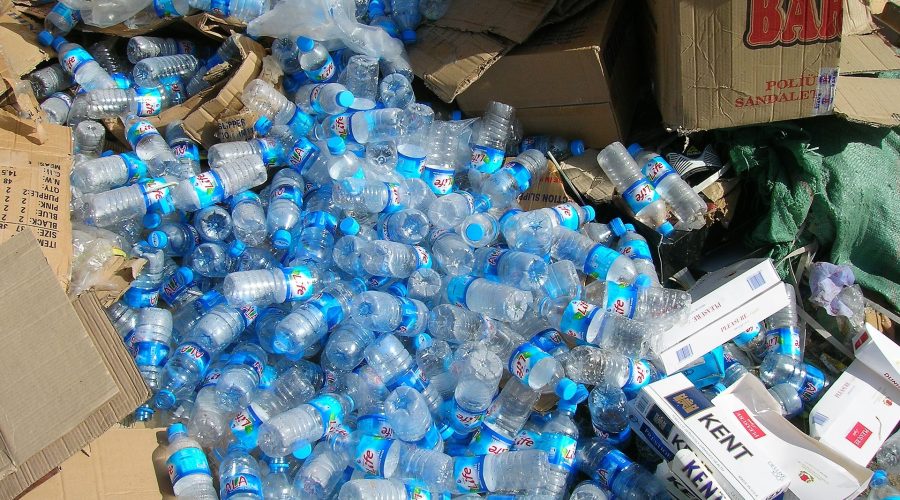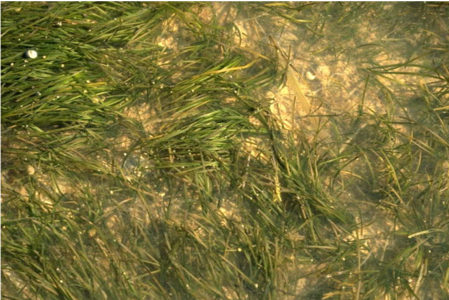The Montreal Protocol, signed in 1987, has not only helped protect Earth from ozone loss related to chlorofluorocarbons, researchers have found that it also prevented a significant loss of sequestered carbon.
Science
Lunar ‘wobble’ gets attention but sea levels are the problem
Cyclical variations in the moon’s orbit around Earth are nothing new, but the resulting rapid increases in tidal flooding in combination with rising sea levels will likely create myriad coastal problems in the future.
DUNEX research, delayed by pandemic, set to resume
Stalled for more than a year, the collaborative research effort known as the DUring Nearshore Event Experiment, or DUNEX, is set to continue its study of coastal processes, including during extreme storms, at locations on the Outer Banks this fall and winter.
LiDAR data can inform planning for sea level rise: Study
A recent study is the first worldwide elevation model using satellite Light Detection and Ranging, or LiDAR, data to evaluate what parts of the world are most vulnerable to sea level rise.
UNC institute’s shark survey a trove of 50 years of data
Long before sharks became a fearsome focus for filmmakers and TV programmers, scientists with the UNC Institute of Marine Sciencea’ shark survey began what is now considered a rare archive of consistent, long-term research.
Drones allow scientists a bird’s-eye view of seabird colonies
Instead of trekking on foot, a Duke University team used drones to count large seabird colonies on a small island chain off the Falkland Islands.
Threats to seagrass could cost state’s economy millions
A new report from Duke University and NC State estimates economic losses associated with the decline of submerged aquatic vegetation in the Albemarle-Pamlico estuary could total $8.6 million in 10 years.
UNC professor, state track COVID-19 trends in wastewater
Dr. Rachel Noble’s lab at UNC-IMS is set to expand sampling of the state’s wastewater for signs of the virus that causes COVID-19.
Stormwater management can protect water quality: Study
Managing stormwater helps reduce the amount of pollution that ends up in the watershed, a recent study found.
Students can inspire adults to fight marine debris: Study
A recent study suggests that students can encourage adults to be more concerned about marine debris and support policies to address the issue.
UNCW researcher finds sponge that ‘eats’ toxic compounds
Lauren Olinger, a researcher at UNC Wilmington, has discovered that a certain type of sponge in the Caribbean absorbs organohalides, which include some pollutants.
Clams Can Boost Seagrass Restoration: Study
Seagrasses, a foundation of coastal habitat, are in peril and restoration efforts have a two-thirds failure rate, but a multispecies approach could improve success.
‘Ghost’ Forest Expansion Rate Alarming: Study
A Duke University-led team studied 35 years of satellite images of the state’s Albemarle-Pamlico Peninsula.
Clean Energy Plan Target Attainable: Study
Small policy changes can put in motion affordable and cleaner electricity generation options, according to a recent report on the North Carolina Power Sector.
Consumers Key to Reducing Plastic Waste
A recent study found that a 20% shift from consumption of small plastic bottles to larger plastic bottles could decrease U.S. plastic waste by 10,000 tons a year.
Seagrass Loss Bad Sign for Water Quality
A recent study shows a net loss of at least 5,686 acres of seagrass meadows between 2006 and 2013 in North Carolina’s Albemarle-Pamlico estuary.

